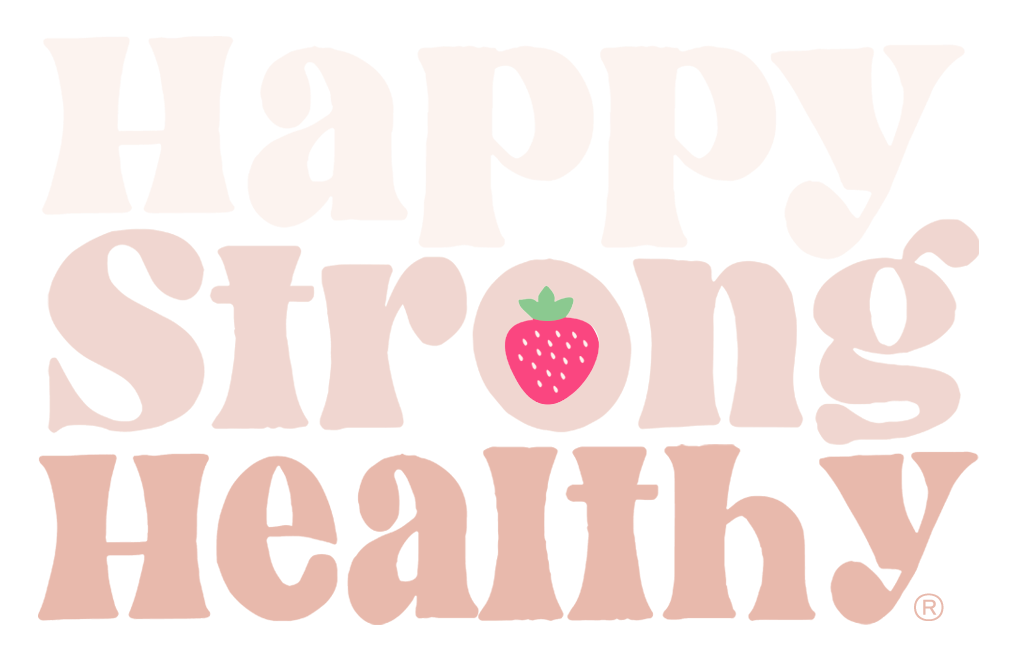Stress Management: 5 Natural Ways to Balance Cortisol Without Supplements
Cortisol (Stress Hormone) is not the enemy
If you've been considering a supplement to manage your cortisol levels, you're not alone. With cortisol often labeled the "stress hormone," it’s tempting to reach for a quick fix to lower it. But before you dive into the world of cortisol supplements, let’s get one thing clear: cortisol isn’t the enemy. In fact, it plays a vital role in our body’s stress response and overall function. The real challenge lies in managing chronic stress, which can elevate cortisol to unhealthy levels.
This blog will help you explore practical, sustainable strategies for managing stress, ones that truly nourish both your mind and body.
Do You Really Need a Cortisol Supplement?
If you're considering taking a supplement to manage or reduce cortisol levels, I’m so glad you're here! Cortisol is a natural hormone that plays a big role in our body’s stress response, it’s what kicks in during those "fight or flight" moments. It is also typically higher in the mornings (helps wake us up) and higher after high-intensity exercise.
This means we need cortisol and it should not be something we try to reduce with a supplement. It may be that we need to examine our behaviors and adjust to better manage our stress.
Acute vs. Chronic Inflammation
Inflammation is a necessary response in the body to protect us from injury or disease. Diet culture has coined the term inflammation as something that needs to be “fixed.”
However, sometimes the stress that triggers this response doesn’t return to a normal degree, and we can end up with chronically high cortisol levels.
Chronic stress = chronic inflammation.
Many times, chronic stress can be linked to GI disorders (Colitis, IBS, IBD, constipation, diarrhea, acid reflux).
During chronic stress, the body prioritizes the stressor, which limits the impact of health-promoting behaviors like proper nutrition and exercise. High cortisol levels can impact our metabolism, the presence of inflammation in the body, blood sugar balance, reproductive health, and even bone strength. So, while it’s important to keep our cortisol levels within a normal range, it’s just as important to look at our habits and lifestyle before reaching for a quick fix or trying to “solve” the issue with a pill.
I can’t stop stressing about food
While life gives us enough to stress about, diet culture also tries to control our thoughts and emotions about food. If we are constantly stressed about the foods we eat or are choosing to restrict, when to eat, how much to eat, whether to eat, the good vs bad foods, and making sure we track every bite that we take, we MAY be raising our cortisol (stress hormone) levels and creating an environment for chronic stress. If our body is in a state of chronic stress, this is going to prevent our body from creating change for better health.
Common symptoms of chronic inflammation/stress
Body pain
Fatigue
Insomnia
anxiety/depression and mood disorders
GI disorders (UC, IBS, IBD, constipation, diarrhea)
Weight fluctuations
Frequent infections
Weakened immune system
Instead of focusing on lowering cortisol directly, we can focus on managing stress and finding healthier, more nurturing ways to cope with life’s daily challenges. That’s where real, lasting change happens.
Here are 5 ways to manage stress without taking a supplement
Getting 7-8 hours of Sleep a Night Consistently:
A bedtime routine is a great way to wind down the night with your favorite skin care routine, personal hygiene, reading, guided meditation, or whatever feels good to you at the end of the night. Putting your phone away and avoid scrolling so that you can prepare your body for rest. Our bodies need 7-8 hours/night consistently. This will improve recovery from fitness and improve energy levels. If we get poor sleep, our body will find a way to get more energy (aka food) so its best to choose satisfying foods in these moments to keep us fuller for longer.Practicing Mindful Eating and Gentle Nutrition:
Practicing mindful eating helps individuals slow down and tune in to their hunger and fullness cues, making meal times more intentional and less rushed. Gentle nutrition is a flexible eating approach that encourages a balanced intake of nutrients without food rules. There will be times when emotional eating happens and remembering that if it happens, you are not a failure, you are simply human having a human experience.Balanced Movement:
High intense exercise increases cortisol levels and without adequate rest days, the body does not properly recover or get the most out of the exercise. The more strenuous the activity, the higher the stress load from that activity. Ways to implement recovery days could be incorporating active recovery days (gentle yoga, walking, stretching). A variety of movement is going to help manage stress on the body and provide the most benefits from movement.Adopting Healthy Stress management tactics:
On days that feel chaotic, slow down. Journaling, breath work (4-4-4 method), positive affirmations, meditation, gratitude lists, nightly brain dumps are all great ways to reconnect to the body and decrease stress.Limiting Alcohol:
Reaching for a drink at the end of a stressful day to "unwind" is something many of us have come to see as normal. But it’s important to remember that while it may feel comforting in the moment, alcohol is a toxin and doesn’t really support our well-being in the long run. If you’re finding that a beverage helps you relax, know that there are so many other refreshing and satisfying options that can do the same without the downsides. Whether it's a soothing tea, a fun mocktail, hop water, or a tasty drink like Olipop or Poppi, there are plenty of ways to take the edge off while still caring for your health.
Nourishing our bodies is more than focusing on nutrition. It’s about treating ourselves with respect and offering the care we deserve, like getting enough sleep, managing stress, practicing self-care, and fueling adequately. When we do this, we build trust between ourselves and our bodies. Before turning to supplements that claim to lower cortisol, it’s important to first reflect on how you're sleeping, eating, and managing stress. Our team of dietitians is here to support you on this journey, helping you embrace sustainable, health-promoting habits that nourish your body and equip you to cope with stress with intention.
Written by Nanci Dillow, MS/DI
Hi, I'm Nance! I'm a Dietetic Intern, Air Force veteran, and mom to three little ones. I’m also a part-time barista at my local coffee shop. I’m passionate about building a home that nurtures a healthy relationship with food and creating an environment where kids feel confident in the bodies they are meant to grow into.








































February is American Heart Month, and as a registered dietitian, I want to share my secret heart-healthy tip with you: consider adding Florida Orange Juice to your daily routine!